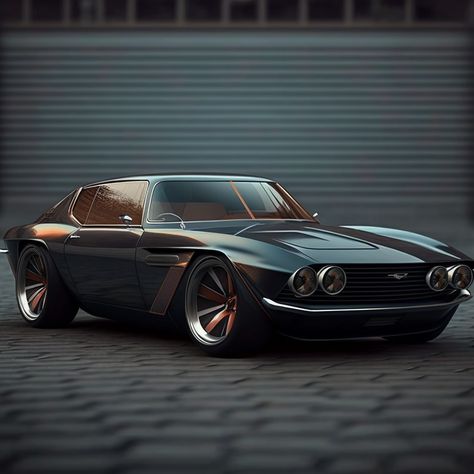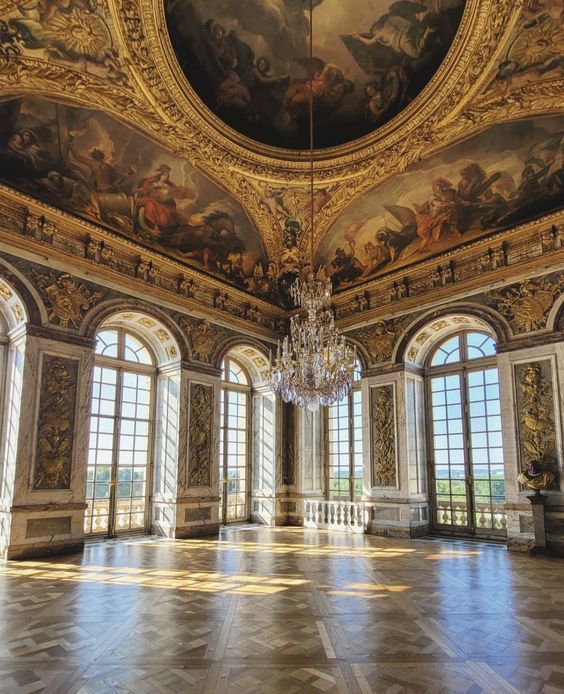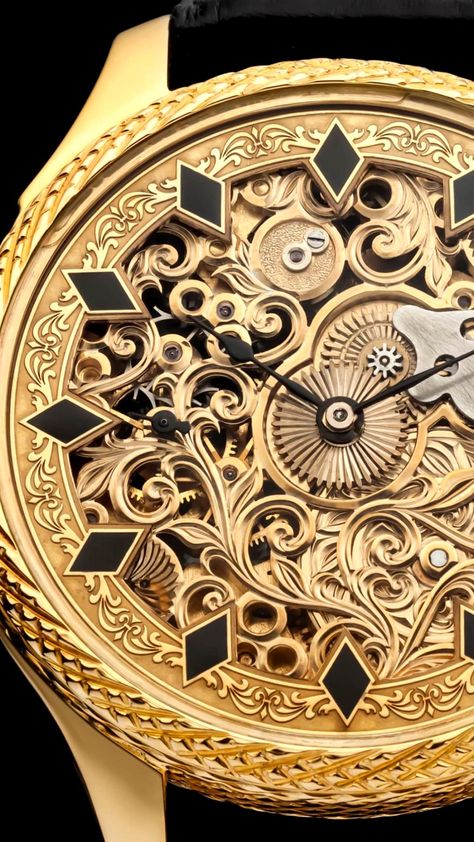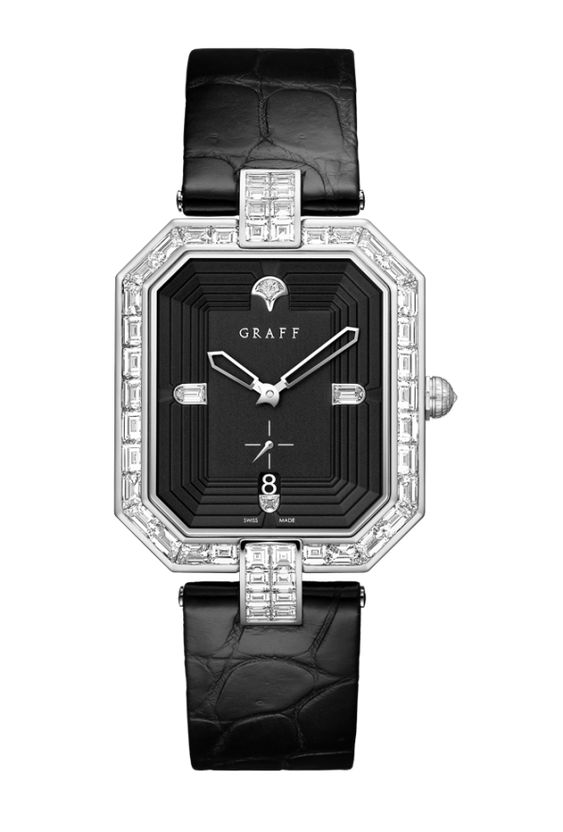Classic vs. Modern: The Timeless Appeal of Luxury Cars
Luxury cars have always symbolised prestige, style, and performance. Over the years, the automotive industry has witnessed a dynamic evolution, giving rise to classic vs. modern luxury cars. Each era brings its own unique charm, blending cutting-edge technology with timeless design.
In exploring classic vs. modern luxury cars, we explore the distinctive features, driving experiences, and enduring appeal that define these automotive masterpieces.
Classic Luxury Cars: Nostalgia and Timeless Elegance
Taking a glimpse into the past, classic luxury cars evoke a sense of nostalgia, transporting enthusiasts to a bygone era. The Rolls-Royce Silver Cloud, the Cadillac Eldorado, and the Mercedes-Benz 300SL are iconic examples that stand as testaments to the craftsmanship of yesteryears. The handcrafted details, expensive interiors, and a focus on artistry set these classics apart.
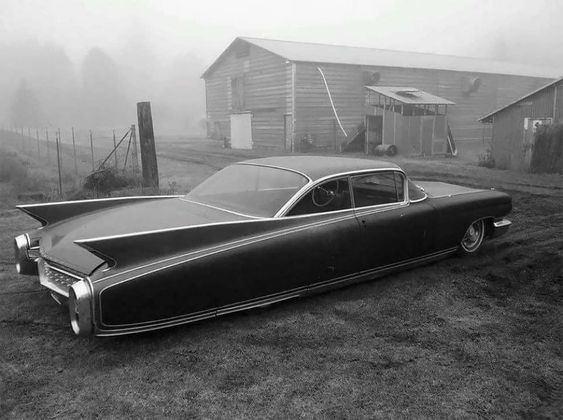
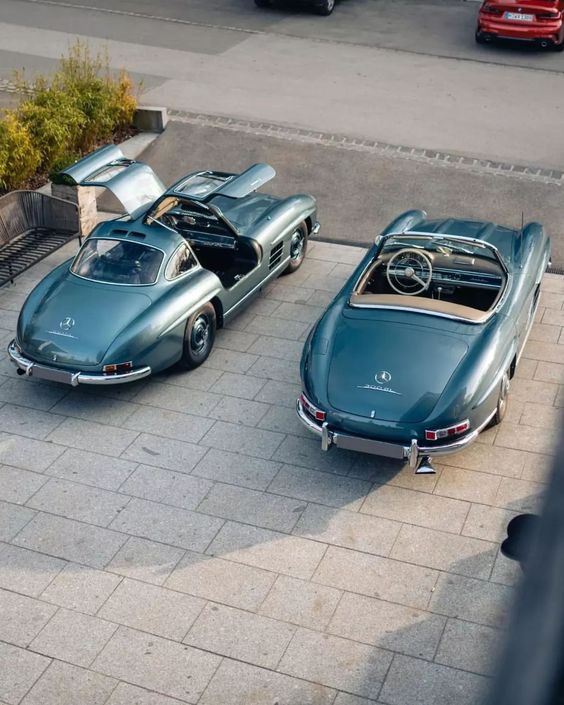
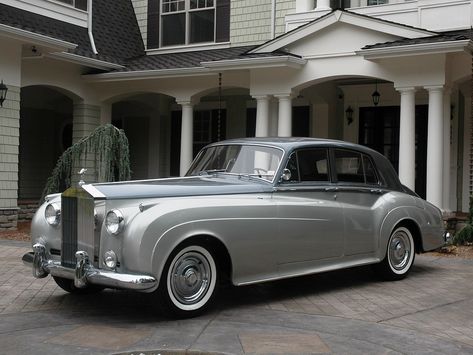
As a matter of fact, One of the most captivating aspects of classic luxury cars is their timeless design. Sculpted curves, chrome accents, and meticulous attention to detail characterize these automotive works of art. The sleek lines of a vintage Jaguar E-Type or the dignified presence of a Bentley Continental exemplify the enduring appeal of classic design in the automotive world.
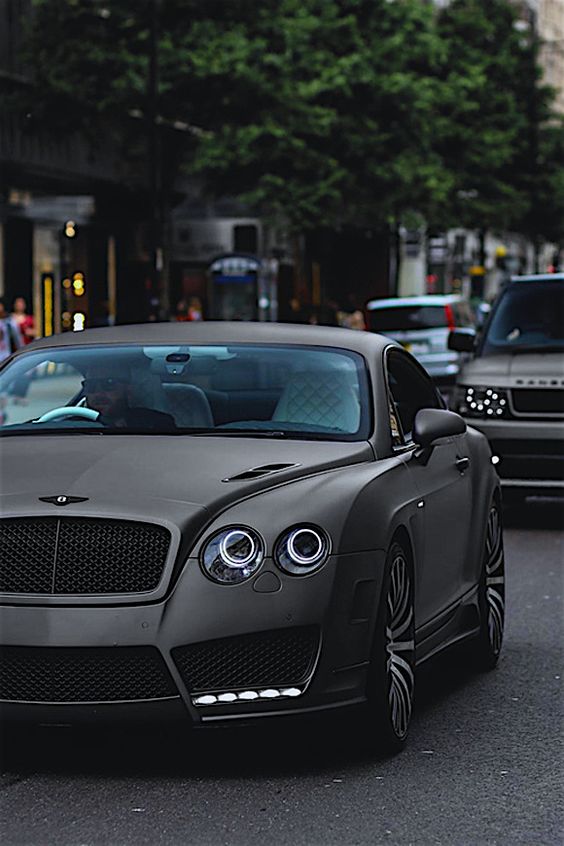
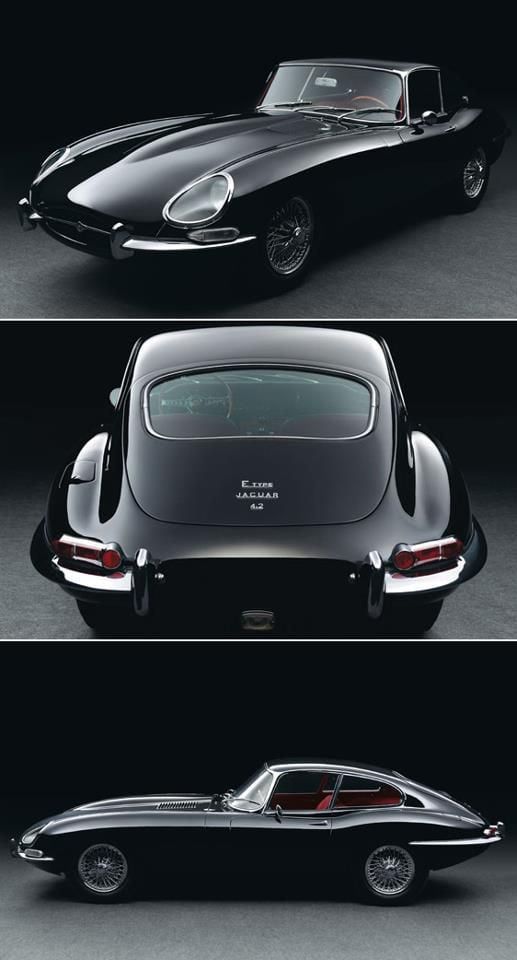
All in all, classic luxury cars provide a driving experience rooted in analog simplicity. With manual transmissions, minimalistic dashboards, and a lack of electronic interventions, driving these classics is a visceral and engaging experience. The connection between the driver and the machine becomes palpable, creating a romantic allure that modern cars often struggle to replicate.
Modern Luxury Cars: Technological Marvels and Performance Prowess
In stark contrast to their classic counterparts, modern luxury cars are equipped with state-of-the-art technology. Infotainment systems, adaptive cruise control, and autonomous driving features redefine the driving experience. Touchscreens, voice commands, and connectivity options transform the interior into a tech-savvy haven.
Modern luxury cars are not only about style; they are also powerhouses of performance. Advanced engineering, aerodynamics, and powerful engines propel these vehicles into a league of their own. The Tesla Model S, the BMW M5, and the Porsche Taycan exemplify the fusion of luxury and high-performance capabilities that define the modern era.
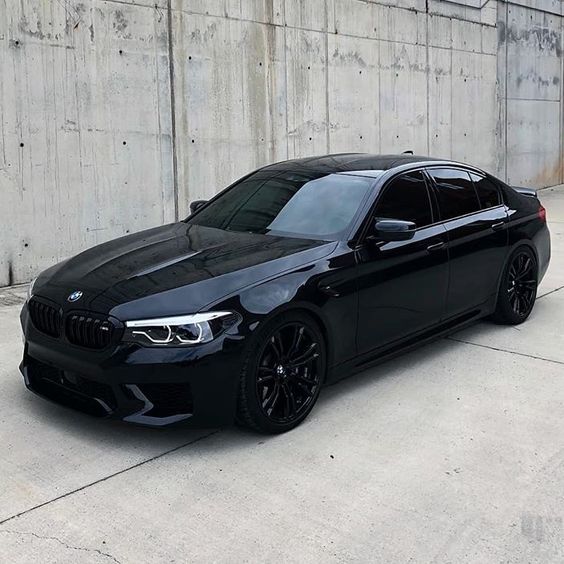
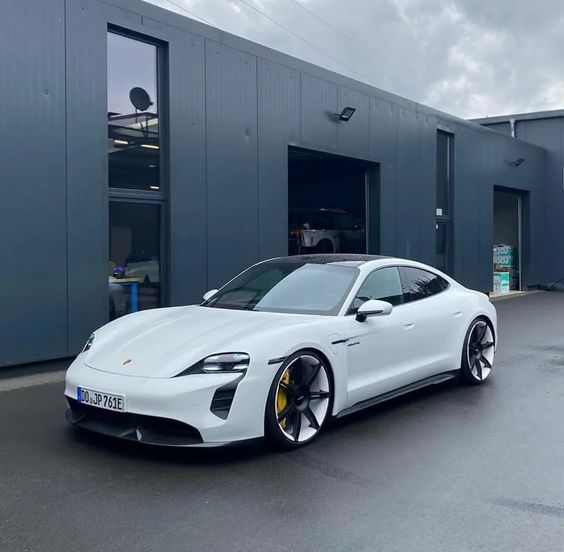
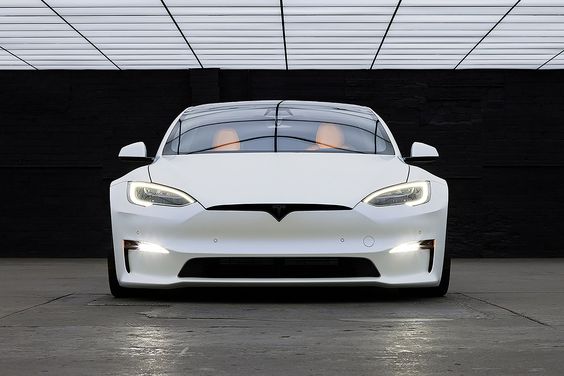
Luxury, in the modern context, is synonymous with comfort. Plush leather seats, climate control, and adaptive suspension systems create a cocoon of luxury within the cabin. Features like massage seats, ambient lighting, and panoramic sunroofs elevate the driving experience to new heights, ensuring that every journey is a comfortable and indulgent affair.
The Intersection: Classic Design Meets Modern Innovation
In the realm of classic vs. modern cars, the convergence of timeless design and contemporary innovation opens up boundless opportunities. Here, classic elegance seamlessly integrates with cutting-edge technology, weaving together traditional craftsmanship and forward-thinking design.
In the swiftly changing automotive landscape, striking a balance between tradition and innovation is crucial. This dynamic is especially evident in sectors deeply rooted in classic design principles, such as automotive engineering and manufacturing.
At the crossroads of classic and modern cars, a magical transformation unfolds. Architects deftly merge historical architectural elements with sustainable materials and advanced technology. Fashion designers marry traditional tailoring with futuristic fabrics and 3D printing. Interior designers craft spaces that evoke nostalgia while seamlessly integrating the latest in smart home technologies.
This fusion isn’t just visually appealing; it’s pragmatic. Modern innovation breathes new life into classic design, ensuring its relevance in the 21st century. It empowers businesses to stay at the forefront, meeting the ever-evolving needs of their clientele.
The intersection of classic and modern cars is a wellspring of inspiration and creativity. It prompts designers to think innovatively, pushing the boundaries of possibility. It challenges them to reimagine classic principles, infusing age-old traditions with vitality.
In essence, the nexus of classic vs. modern cars presents a world of prospects for businesses striving in today’s rapid market. By embracing both realms, businesses can create extraordinary products and experiences, capturing tradition’s essence while embracing the future’s possibilities. Explore this intersection and unlock the limitless possibilities that lie ahead.
Classic vs. Modern luxury Cars: A Matter of Taste
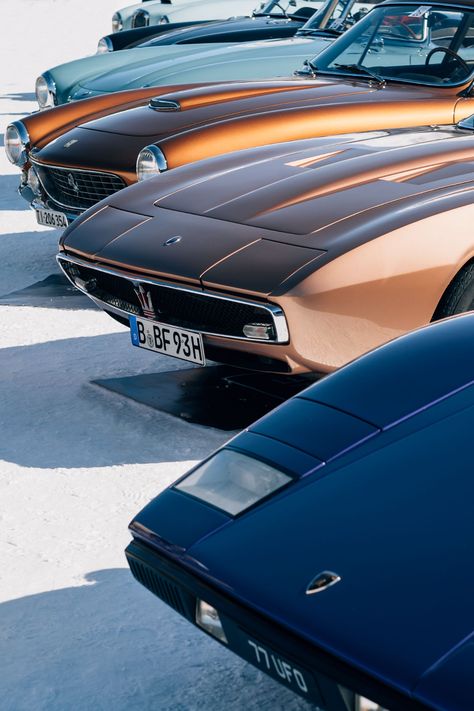
When it comes to luxury cars, the ongoing discourse centers on classic versus modern aesthetics. Classic luxury cars epitomize timeless elegance and meticulous craftsmanship, exuding nostalgia and captivating collectors. Conversely, modern luxury cars boast cutting-edge technology, innovative features, and streamlined design, appealing to enthusiasts of contemporary style.
The decision between classic and modern luxury cars hinges on personal preferences. Some favor the vintage charm and prestige inherent in classic vehicles, while others gravitate towards the sleek profiles and opulent amenities of their modern counterparts. Classic luxury cars showcase intricate detailing and sumptuous materials, whereas modern counterparts prioritize high-tech elements, fuel efficiency, and advanced safety measures.
Choosing between classic and modern luxury cars necessitates considering one’s lifestyle and preferences. Classics demand regular upkeep and may not match the performance or convenience of modern counterparts, yet they offer a unique blend of elegance and exclusivity. In contrast, modern luxury cars excel in safety, comfort, and cutting-edge technology, delivering a seamless driving experience tailored to contemporary needs.
Ultimately, the decision rests on subjective preferences. Whether drawn to the timeless allure of classic designs or captivated by the innovation and convenience of modern luxury cars, both options deliver a level of luxury and refinement certain to leave a lasting impression.
Embracing the Future of Luxury Cars
In the dynamic world of automobiles, the spotlight on innovation and sophistication has long been held by luxury cars. As we peer into the future, it becomes evident that the paradox between classic and modern cars is set to undergo profound changes, presenting both challenges and opportunities for manufacturers and enthusiasts.
A pivotal trend shaping the future of luxury cars is the ascendancy of electric and hybrid vehicles. With advancements in battery technology and a heightened environmental consciousness, substantial investments are pouring into electric and hybrid technologies. These vehicles not only curb carbon emissions but also deliver formidable performance and cutting-edge features, making their integration imperative for sustained relevance in the burgeoning market.
Another influential trend is the infusion of autonomous driving technologies. Although fully autonomous luxury cars may linger on the horizon, partial autonomy is already permeating high-end vehicles. Adaptive cruise control, lane-keeping assist, and automated parking are becoming commonplace features, necessitating seamless integration to uphold competitiveness.
Moreover, the very definition of luxury is evolving. Beyond opulence, the modern luxury car buyer seeks sustainability, connectivity, and personalization. The future luxury car will be characterized by sustainable materials, intuitive infotainment systems, and customizable features that align with individual preferences. Manufacturers must adapt to these evolving expectations to provide a comprehensive and personalized luxury experience.
In conclusion, the future of luxury cars unfolds as an exhilarating and transformative journey. Embracing electric and hybrid technologies, incorporating autonomous driving features, and reimagining luxury as sustainable and personalized will be pivotal. By navigating these changes, luxury car manufacturers and enthusiasts can anticipate a future where these vehicles not only deliver unparalleled comfort and performance but also contribute to a sustainable and interconnected world.
Harmonizing Tradition and Innovation in Luxury Cars
In the timeless debate of classic vs. modern luxury cars, the answer lies in individual preferences and the values one attributes to automotive excellence. Classic cars embody the romance of a bygone era, celebrating craftsmanship and design that has stood the test of time. Meanwhile, modern luxury cars push the boundaries of innovation, delivering unparalleled performance, comfort, and cutting-edge technology.
Ultimately, whether it’s the graceful lines of a vintage Rolls-Royce or the electric hum of a Tesla, the allure of luxury cars persists. The choice between classic and modern becomes a matter of personal taste, as both offer a captivating journey through the evolution of automotive luxury, each with its own distinct charm and appeal.


